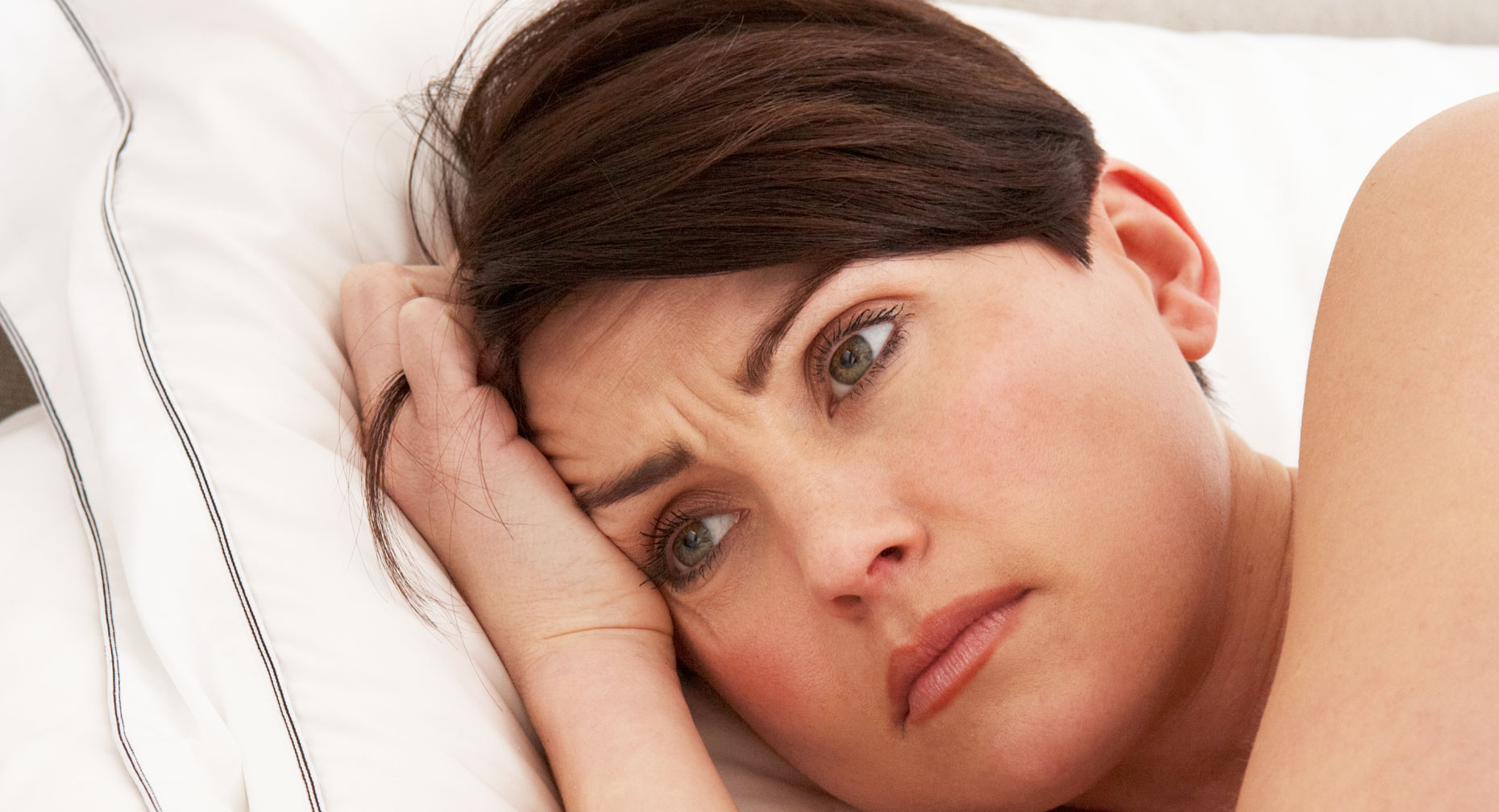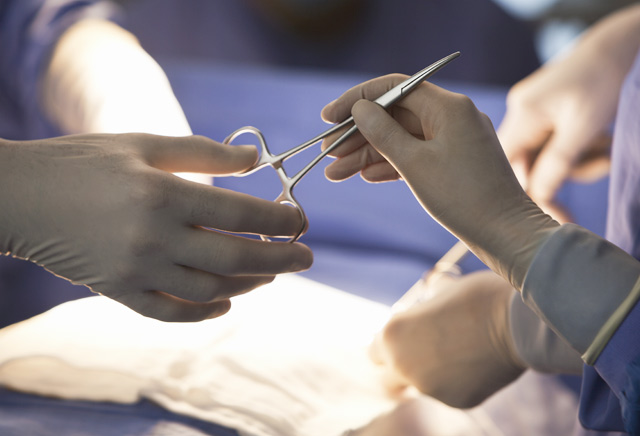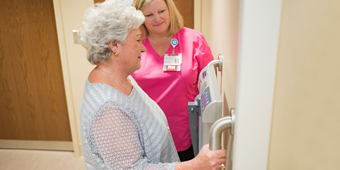Why Now? 6 Reasons for Early Menopause

Answer a few questions and we'll provide you with a list of primary care providers that best fit your needs.
Many women anticipate going through menopause in late middle age – typically, when they’re around 50 years old.
But for some women, menopause can occur at a much younger age. “Menopause is deemed ‘early’ or ‘premature’ when it happens to someone under 40, but its symptoms are the same as natural menopause (hot flashes, night sweats, loss of periods, etc.),” says Amy Renshaw, MD of Hilltop OB/GYN. “It can be caused by certain medical treatments, or can be a result of some medical conditions. In other cases, there appears to be no clear explanation.”
With early menopause comes a risk of other problems, like heart disease and osteoporosis.
The primary causes of early menopause include:
1. Chemotherapy or Pelvic Radiation Treatments
These treatments can damage the ovaries. You might see the effects immediately, or it could take a few months. The younger you are, the less likely that you will experience menopause from these treatments.
2. Surgery to Remove the Ovaries
If your ovaries are removed (a bilateral oophorectomy), your periods will stop and your hormones will drop quickly. You may experience strong menopausal symptoms, like hot flashes and loss of sexual desire.
3. Surgery to Remove the Uterus
Some women who have a hysterectomy are able to keep their ovaries. In this case, you will not experience menopause immediately because your ovaries will continue to produce hormones. But the surgery sometimes disrupts the blood supply to the ovaries, so you might experience hot flashes. You could also undergo natural menopause a year or two earlier than if you had not had surgery.
4. Chromosome Defects
Women with Turner's syndrome, for example, are born without all or part of one X chromosome. The ovaries don't form normally, resulting in early menopause.
5. Genetics
If the women in your family have experienced early menopause, you’re more likely to do so yourself.
6. Autoimmune Diseases
With an autoimmune disease, the body’s immune system, which normally fights off diseases, attacks healthy parts of the body instead. Rheumatoid arthritis and thyroid disease are two such diseases that may affect the ovaries.
Having Children May Still Be Possible
When menopause comes early on its own, it is sometimes referred to as "primary ovarian insufficiency." “In some of these cases, women have ovaries that still make hormones from time to time, and their menstrual periods return. Some can even become pregnant after the diagnosis,” says Dr. Renshaw.
If you are facing early menopause, but still want children, talk to your health care provider about your options, including egg donation and adoption. With early menopause comes a risk of other problems, like heart disease and osteoporosis.
Talk to your doctor about ways to protect your health, including whether menopausal hormone therapy (MHT) might be helpful. Some researchers think the risks of MHT for younger women might be smaller and the benefits greater than for women who experience menopause at a typical age.
Answer a few questions and we'll provide you with a list of primary care providers that best fit your needs.
Source: Office on Women’s Health, U.S. Department of Health and Human Services; Amy Renshaw, MD, Hilltop OB/GYN





